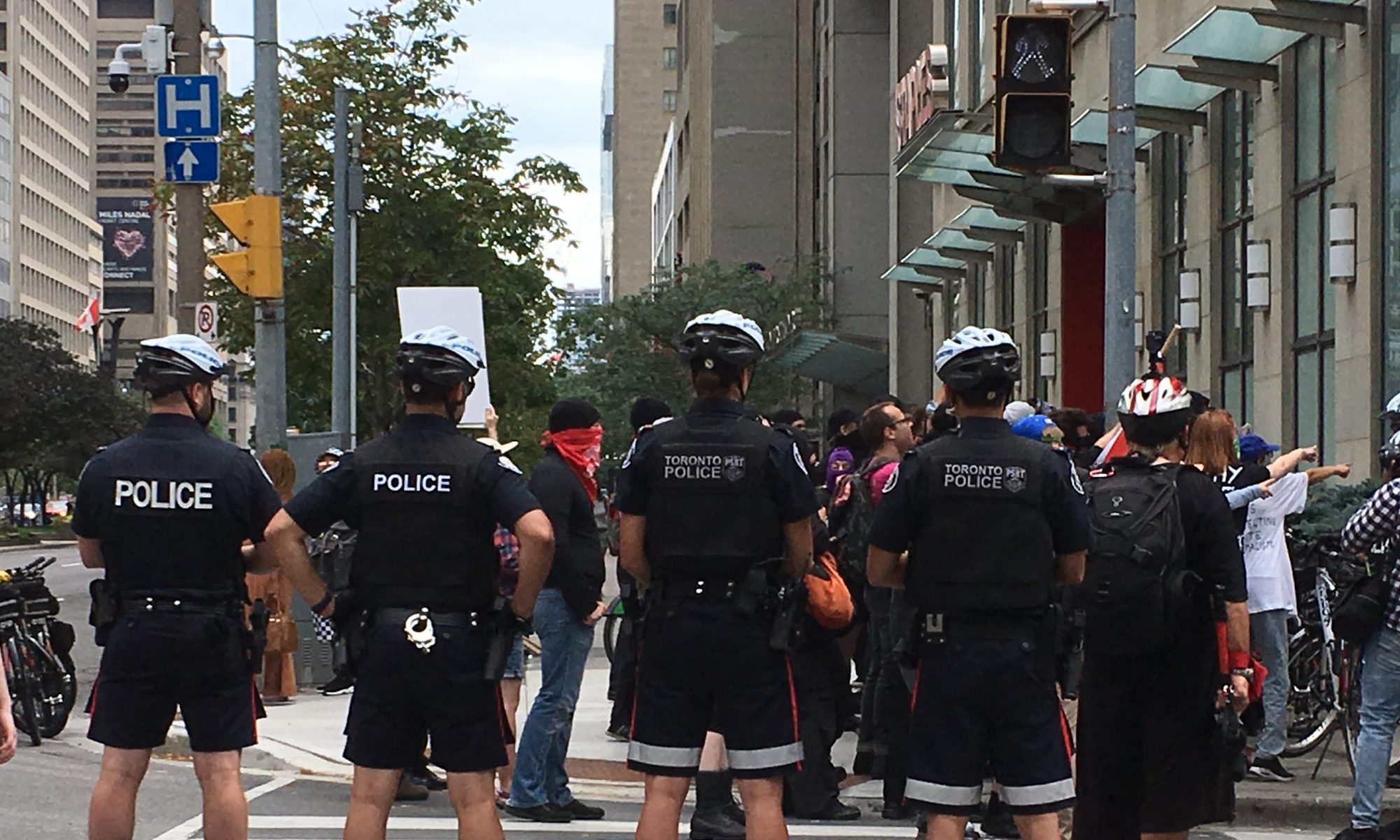In order to maintain and strengthen the welfare state and democracy, the SEPOS project develops a broader, policy-relevant conceptualization of societal security, built on the notion of human security that covers aspects such as social cohesion, trust and drivers for marginalization. Instead of naming new issues as security challenges, the project highlights and intervenes in the unequal distribution of security, particularly among marginalized and racialised groups, studying how the divergence in the lived experience of safety, and the securitizing practices contribute to polarization and social exclusion.
Islamophobic and white nationalist groups have emerged in all Nordic countries; introducing new types of security threats, particularly in the aftermath of the violent attacks in Oslo and Utoya (2011), Copenhagen (2015), in Turku and in Stockholm (2017). Extreme movements are mobilising new members and supporters, transnational ties are manifested by participation in foreign conflicts (neo-Nazis in Ukraine; pro-Russians in Crimea; jihadists in Syria and Iraq). This has triggered forms of transnational exchanges and mobilization among extremist groups such as the Nordic Resistance Movement, and incentivising them to generate hybrid mediatised coverage for extremist advocacy.
SEPOS responds to the need of conducting in-depth empirical research on the manifestations of these security issues, being aware of the interactions between these phenomena: social exclusion, polarization and extremisms. The research aims to produce an empirically-based, policy-relevant understanding of the relationship between experiences of marginalization, discrimination and personal security, and to channel this knowledge to public authorities via an encompassing network of stakeholders across the Nordic countries.
The SEPOS project has three main objectives: a) to deepen our understanding of the challenges of human security in Nordic societies, b) to produce policy-relevant, empirical knowledge on how different extremist movements, anti-democratic mobilisations in media and discriminatory patterns of policing influence the experience of safety and trust in public institutions of racialized minorities in Nordic countries, and c) to channel research-based understanding on policy practices and policy measures pertinent to societal security to stakeholders.
